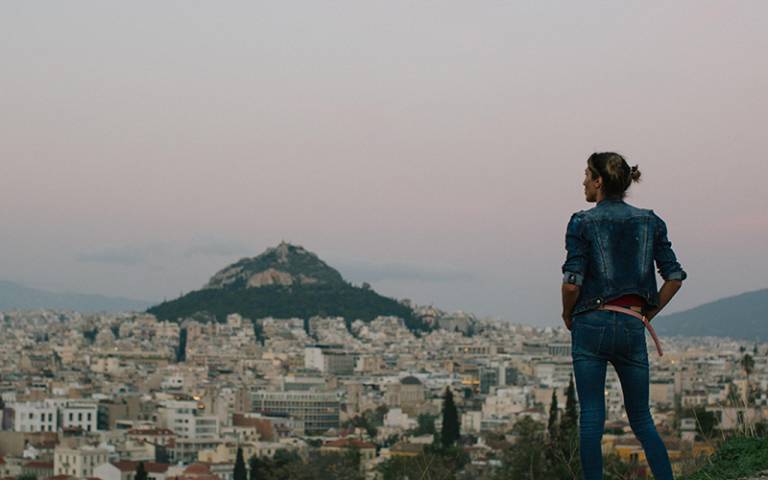Urban humanitarianism: How Cities Are Building Inclusive Communities
05 February 2019, 5:30 pm–7:00 pm

Event Information
Open to
- All
Organiser
-
Jacobo Quintanilla
Location
-
DPU Room 10134 Tavistock SquareLondonWC1H 9EZ
A conversation with Samer Saliba (@samermsaliba), Urban Advisor for the International Rescue Committee (IRC), and author of a report on solutions to urban displacement
At the end of 2017, 68.5 million people were displaced from their homes, according to UNHCR, pushing displacement worldwide to a new high for the fifth year in a row. Overwhelmingly it is countries in the Global South that are most affected.
City governments are at the forefront of addressing the unprecedented levels of displacement in the 21st century. With nearly 60% of refugees around the word living today in urban areas, the role of cities and municipal governments in providing services and integrating displaced populations is more critical now than ever before.
Whether the city a place of refuge, a theatre of war, or is controlled by different gangs or cartels, the lines between humanitarian intervention and development are increasingly blurred. How are cities building inclusive communities in these environments? What’s the role of the urban planner and other urban actors, including the private sector, in cities receiving unprecedented numbers of displaced people? How can the international humanitarian sector better support affected communities and municipal authorities to take the lead, and support more inclusive planning?
To answer to these and other questions, join us for a conversation with Samer Saliba (@samermsaliba #ThinkUrban), Urban Advisor for the International Rescue Committee (IRC). Sam leads the IRC’s urban work and advises IRC programmes around the world on how to improve urban humanitarian response and address urban displacement, both in policy and in practice.
Samer Saliba is the co-author of a recent report that researched 23 cities that are finding new solutions to urban displacement across four continents, from New York to Mogadishu, Kampala to Peshawar, Sao Paulo to Cox’s Bazaar.
Before joining the IRC in 2015, he worked for seven years as an architect and urban planner, strengthening the resilience of New York City and the Northeast U.S.
Samer holds a Master of Urban Planning from New York University’s Wagner School of Public Service.
About the IRC
Founded in 1933 at the call of Albert Einstein, the International Rescue Committee (IRC) responds to the world’s worst humanitarian crises and helps people whose lives and livelihoods are shattered by conflict and disaster to survive, recover, and gain control of their future.
Photo credit: Athens (Elena Heatherwick/IRC)
 Close
Close

